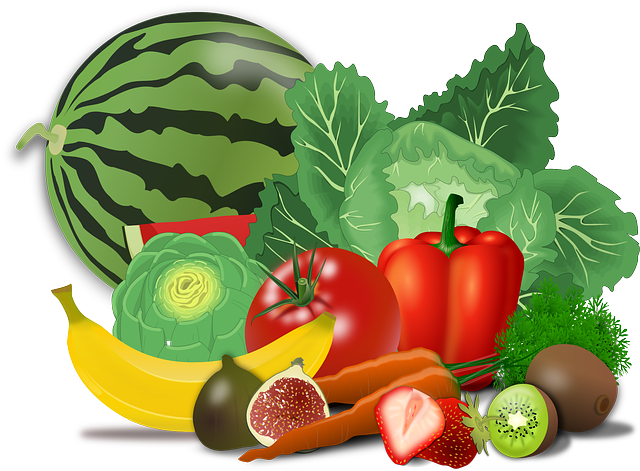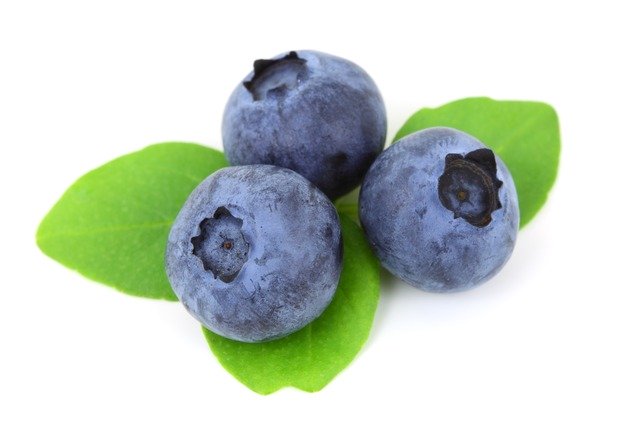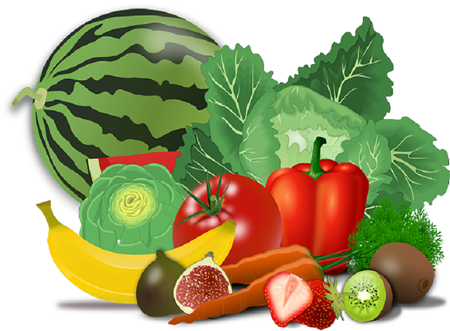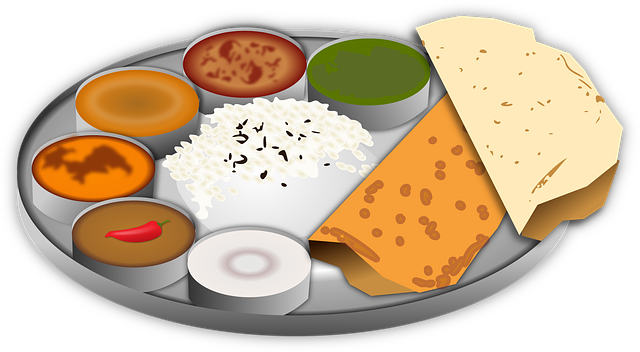In recent years the term antioxidant has been plastered across many products with countless claims made about how they can positively impact your health. So what are antioxidants, how do they affect our health and what is the best way to incorporate them into a healthy diet?

What are antioxidants?
In the environment around us are unstable molecules called free radicals. You can be exposed to them through sunlight, cigarette smoke, air pollution and they are naturally formed during exercise. Free radicals cause oxidative stress, which can lead to cell damage (such as changing the instructions coding in DNA strands), increase the possibility of circulating low-density lipoprotein (bad cholesterol) attaching to an artery wall, alter cell membranes and lead to some chronic diseases (cancer, cardiovascular diseases, Parkinson’s etc). Antioxidants are molecules that reduce damage caused by free radicals.
Before we all use this as an excuse not to exercise be assured that the body has natural defence mechanisms to prevent damage from free radicals.
We can both produce antioxidants in the body and extract them from food. Antioxidants are required for mechanisms that repair DNA and maintain the health of cells.
Antioxidant molecules have been shown to counteract oxidative stress in a laboratory setting. However, there is debate as to whether positive benefits are seen after consuming fruits and vegetables high in antioxidants due to other possible influencing factors and indeed whether antioxidant supplements have any health benefits at all. There is also some concern that consuming antioxidant supplements excessively could cause more harm than good.
What are some sources of antioxidants?
Examples of antioxidants include vitamins C and E, selenium, and carotenoids (beta-carotene and lycopene) and zinc. The table below shows good sources of these antioxidants.

| Vitamin C | Broccoli, blueberries, brussels sprouts, cantaloupe, cauliflower, grapefruit, leafy greens, kale, kiwi, lemon, orange, papaya, strawberries, sweet potato, tomatoes and bell peppers. |
| Vitamin E | Almonds, avocado, Swiss chard, leafy greens, peanuts, red peppers, spinach and sunflower seeds. |
| Carotenoids | Apricots, asparagus, beetroot, broccoli, cantaloupe, carrots, bell peppers, kale, mangos, turnip and collard greens, oranges, peaches, pink grapefruit, pumpkin, winter squash, spinach, sweet potato, tangerines, tomatoes, and watermelon. |
| Selenium | Brazil nuts, fish, shellfish, beef, poultry, barley and brown rice. |
| Zinc | Beef, poultry, oysters, prawns, sesame seeds, pumpkin seeds, chickpeas, lentils, cashews nuts and some fortified cereals. |
Healthy diets plans such as the Mediterranean diet are high in antioxidants. Click here to see our Healthy Mediterranean diet plan.
So now we know which foods contain antioxidants and see that they are freely available. You probably already consume some of them already. Let’s look at the health benefits gained from consuming them via the sources listed above and/or supplements?
A large proportion of the best sources of antioxidants are fruits and vegetables. It is well researched that a diet high in fruits and vegetables lower the risks of several diseases and improve general health. However, what is not clear is whether this positive health benefit is due to the antioxidants present or other factors in people’s diet. For example, if your diet is rich in fruits and vegetables you are more likely to have a generally healthier diet which in turn would reduce the risk of many diseases.
Do antioxidant supplements work?
Multiple studies involving more than 100,000 people have tested whether antioxidant supplements could prevent chronic diseases such as cardiovascular disease and cancers. These studies concluded that there was no link between antioxidant supplement consumption and reducing the risks of developing these diseases.
Researchers have suggested several reasons why antioxidant supplements don’t work, such as:
- The positive effects of antioxidants in foods can be linked to other substances present in foods, other dietary factors and lifestyle choices.
- Effect of large doses of antioxidants may have different effects to the small dose one serving of the food provides.
- There are also differences in the types of antioxidant present in food versus supplements, for examples there are 8 chemical forms of vitamin E present in food, whereas a supplement only contains 1 of these forms.
- Not all of the antioxidants have been tested for their effectiveness in supplements. Their effectiveness also may not have been tested over a long enough period of time.
- Scientists may still not fully understand the relationship between free radicals and our health.
It is important to note that high doses of antioxidant supplements may be harmful in some cases.
For example, if you smoke, high doses of beta-carotene supplements can increase the risk of lung cancer. If you take anticoagulant medicine (blood thinners), you should not have vitamin E supplements as it increases the risk of haemorrhagic stroke. There is mixed research on the benefits and risks of taking antioxidant supplements during cancer treatment, always speak to your doctor before taking any supplements during treatment.
Conclusion
Diets that are high in vegetables and fruits (therefore antioxidants) have been found to improve general health. However, research has shown that antioxidant supplements are not beneficial in preventing disease.
If you are considering antioxidant supplements, they must not be used to replace a healthy diet! Also keep in mind they may interact with certain medicines and finally when discussing your health with your doctor inform them of any supplements you take (it’s important to provide them with the full picture so they can best manage your health).
Studies discussed in the article
The antioxidant paradox: what are antioxidants and how should they be used in a therapeutic context for cancer
Michael Y Bonner and Jack L Arbiser
Link- https://www.ncbi.nlm.nih.gov/pmc/articles/PMC4412352/
Free radicals, antioxidants and functional foods: Impact on human health
V. Lobo, A. Patil and N. Chandra
Link- https://www.ncbi.nlm.nih.gov/pmc/articles/PMC3249911/#__ffn_sectitle
Antioxidants in health and disease
I Young and J Woodside
Link- https://www.ncbi.nlm.nih.gov/pmc/articles/PMC1731363/




3 Comments
[…] are all linked to curry leaves being full of antioxidants (if you would like to find out more about antioxidants please click this link). The antioxidant benefits of a curry leaf is attributed to high levels of […]
[…] Antioxidants (vitamin E, selenium, phytic acid, lignins, ferulic acid and sulphur compounds) […]
[…] are they delicious but they’re also good for you and have a high nutrient content. They contain vitamin C, vitamin A, potassium, folic acid, vitamin B6, antioxidants and […]